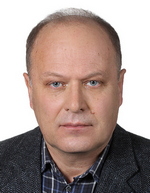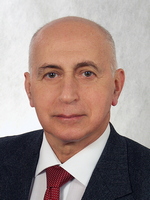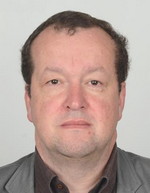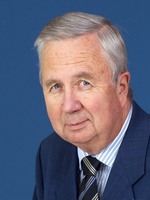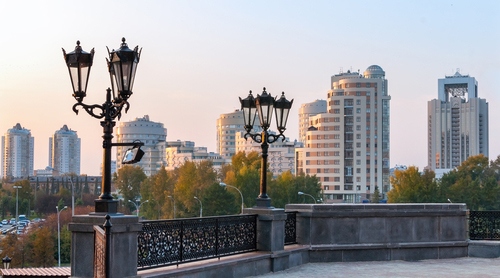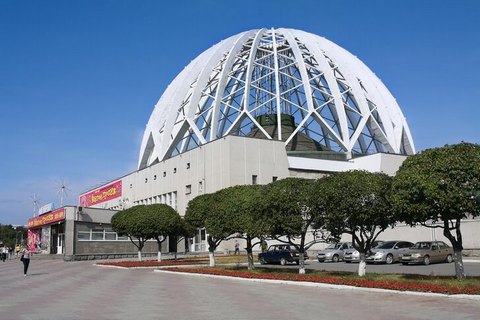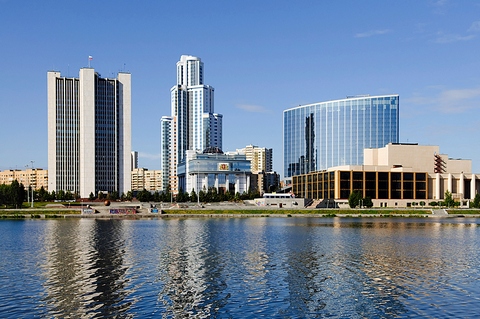Technical Program
Scientific Program
The current online version of CAO 2018 Scientific Program along with the Author Index is now available from the PaperPlaza System. Please note that the program is subject to minor changes, refresh the page to see the latest version.
The scientific program includes 60-minute invited lectures and 20-minute regular talks. In total, 4 invited lectures and 165 regular talks are scheduled over 43 sessions.
The opening and the first plenary session will take place at Cultural Center “Ural” (3 Studencheskaya Street) on Monday, October 15, at 9:30–13:00. After lunch, the regular sessions will be held at three conference halls of Oktyabrskaya Hotel (17 S.Kovalevskaya Street).
The second and third plenary sessions will take place at Krasovskii Institute of Mathematics and Mechanics (16 S.Kovalevskaya Street) on Tuesday, October 16, and Wednesday, October 17, at 9:30–10:30. The rest of sessions will take place at the conference halls of Oktyabrskaya Hotel (17 S.Kovalevskaya Street).
For local directions please refer to the Venue section.
On-the-Spot Registration
On-the-spot registration of participants will be open on Sunday, October 14, at 14:00-19:00 at Oktyabrskaya Hotel (17 S.Kovalevskaya Street). On Monday, October 15, the registration will be continued at 8:30–11:00 at Cultural Center “Ural” (3 Studencheskaya Street) and at 14:00–18:00 at Oktyabrskaya Hotel. Those participants who arrive later, may ask members of the organizing committee for registration at any time.
Social and Cultural Program
The program of CAO 2018 will include the Welcome Reception, the Conference Dinner and two City Tours with different routes.
The Welcome Reception will take place at the Restaurant of Oktyabrskaya Hotel on Monday, October 15, at 18:30.
The first City Tour will be organized on Tuesday, October 16, at 14:00–17:00, in parallel with the regular sessions TuR2 and TuR3.
The Conference Dinner will take place at the Restaurant of Oktyabrskaya Hotel on Wednesday, October 17, at 18:30.
The second City Tour will be organized on Thursday, October 18, at 18:00–20:00.
Please note that the Welcome Reception and both City Tours are covered by registration fees. The Conference Dinner is included in full registration fee and is not included in the student registration fee.

